(This is part of a regular series especially for the NKyTribune on local history by three distinguished historians, Paul Tenkotte of NKU, James Claypool, NKU professor emeritus of history, and David Schroeder of Kenton County Public Library. They are co-authors of the new “Gateway City,” a 450-page history of Covington, marking its 200th birthday.)
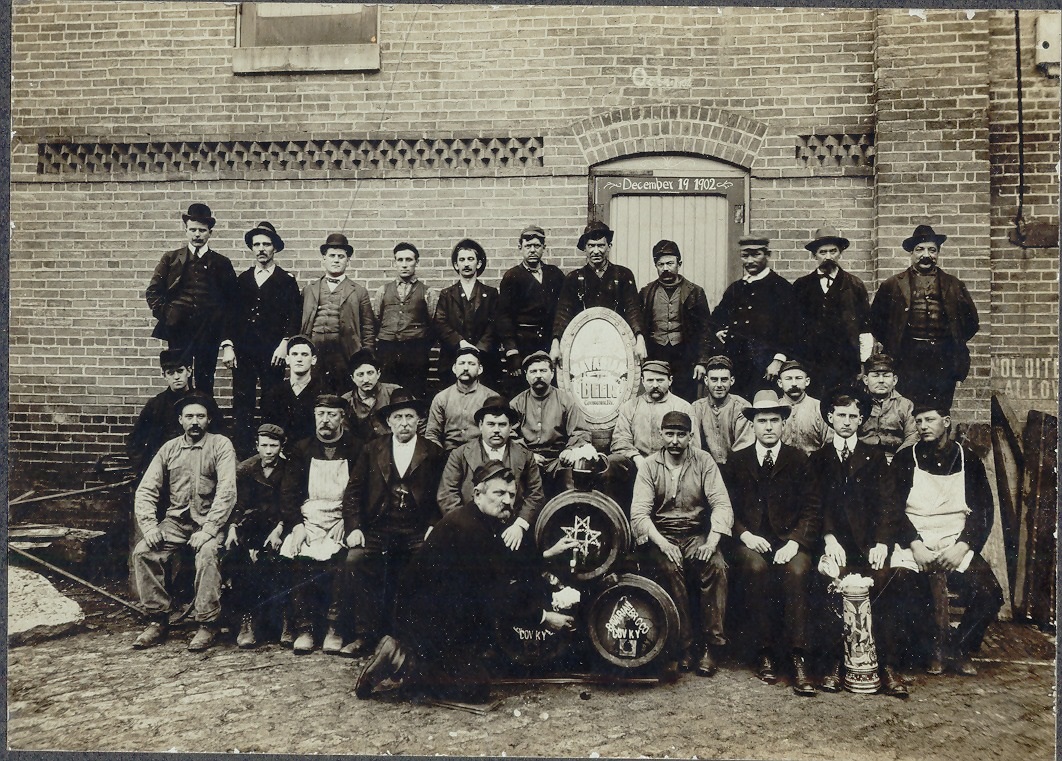
By Dave Schroeder
Special to NKyTribune
Beer and Covington just seem to go together. Whether you call it suds, brew or even liquid bread, beer has been a part of Covington’s culture from the founding of the Duhme and Company Brewery in the Lewisburg neighborhood in 1859 to the opening of Braxton Brewing Company this year.
Breweries and beer gardens were once commonplace in the city. A few examples include the Lewisburg Brewery, Phoenix Brewery, Covington Brewing Company and the city’s most popular 19th century watering hole – the Central Garden on West 9th Street. Covington’s German and Irish immigrants also contributed much to the beer scene with a network of saloons and taverns that dotted every neighborhood in the city.
The Greater Cincinnati area was a center for beer production and consumption in the 19th century. By the mid-1890s, the average yearly beer consumption in the area was an incredible 40 gallons per person – including children. This was 250 percent higher than the national average.
Covington’s Bavarian Brewery and Heidelburg Brewery both had staying power. Bavarian Brewery can trace its history back to its founders, Julius Deglow and Charles Best, in 1866. The duos brewery officially took the name Bavarian in 1869. By 1882, Wilhelm Riedlin had purchased Bavarian and under his ownership, the establishment prospered near 12th and Pike streets.
In time, Bavarian included a brew house, warehouse, bottling plant, hops house and stable for the horses that pulled the delivery wagons. The castle-like structure dominated the west side’s skyline and provided employment for hundreds of area residents. This all came to a halt in 1920 when Prohibition became the law of the land. Bavarian began selling ice and producing soft drinks. The other small breweries in Covington faded into history.
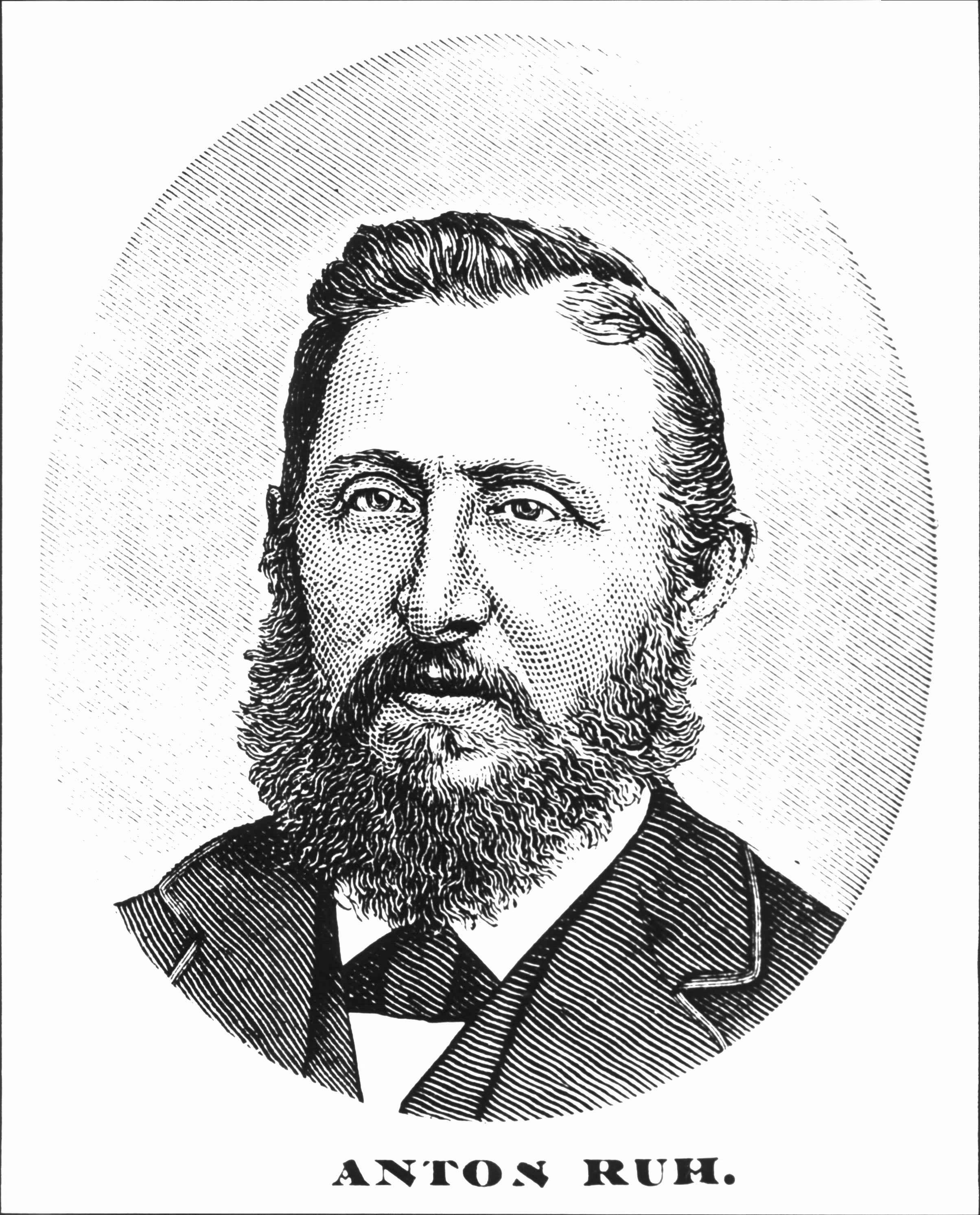
Despite Prohibition, Covington residents’ love affair with beer did not end, it simply went underground. Stills could be found in many parts of the city and locals knew which establishments would sell you beer. Law abiding citizens became criminals overnight. In the early 1920s, area newspapers typically ran stories on raids at Covington speakeasies. As Prohibition dragged on, the stories became less frequent – not because there were fewer of them, but because they had become so common that they were rarely noteworthy.
With the end of Prohibition, the Bavarian plant returned to the production of beer. A grand reopening was held in 1935 with three thousand in attendance. The taps were turned on and beer began flowing.
Bavarian flourished for many years, but eventually found it difficult to compete with the larger national brewers. In 1959, Bavarian was sold to the International Brewing Company of Detroit. Seven years later the Covington plant was permanently closed.
Less known than Bavarian Brewery, Heidelburg Brewery was established in 1934 by George Meyerratken. Among Heidelburg’s most popular products was the Student Prince brand. In 1940, the company’s premium brand, Heirloom, won a gold medal at the French Beer Grand Prix.
The location of the brewing plant at 4th and Bakewell streets proved problematic in 1937 when flood waters damaged the storage tanks and destroyed the grain silos. In 1949, the company was sold to the Bavarian Brewery who used the plant as a storage facility until 1955 when the building was sold to a meat-packing company.
One Covington family contributed greatly to the beer brewing heritage of Covington. German immigrant Anton Ruh was a long-time brew master at Bavarian Brewery. Under his leadership, the Bavarian brand gained a reputation across the Midwest. Anton’s son, Joseph Ruh, was associated with both Bavarian and Heidelburg Breweries. Joseph’s son, Carl Ruh, was a teacher at Covington Catholic High School, a Kentucky State Representative and Kenton County Sheriff.
Dave Schroeder is a native of Ludlow. He serves as president of board of the Friends of the Kentucky Public Archives. Schroeder currently serves as secretary of the Kentucky Library Association and chair of the Kentucky Public Library Association Advocacy Committee. Schroeder earned a bachelor of arts degree in history from Thomas More College in Crestview Hills. He also holds a master of arts degree in history from the University of Cincinnati and a master of science degree in library science from the University of Kentucky. He is a graduate of Leadership Northern Kentucky Class of 2008.












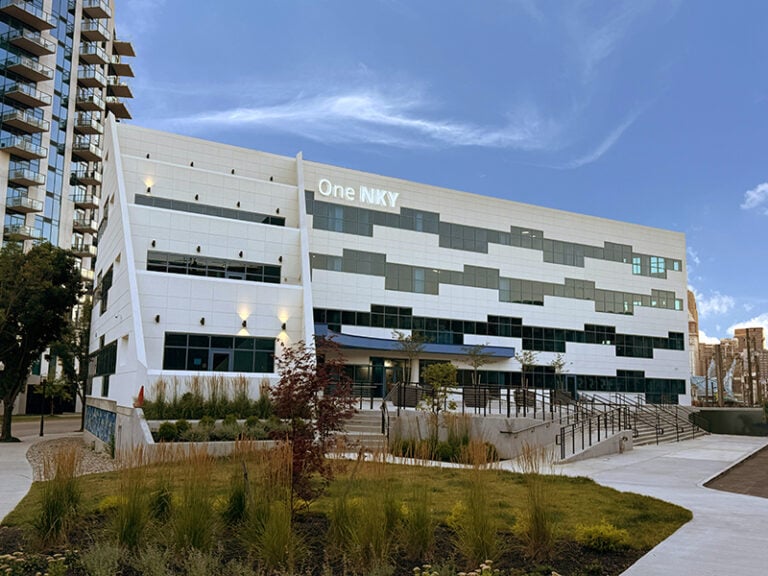


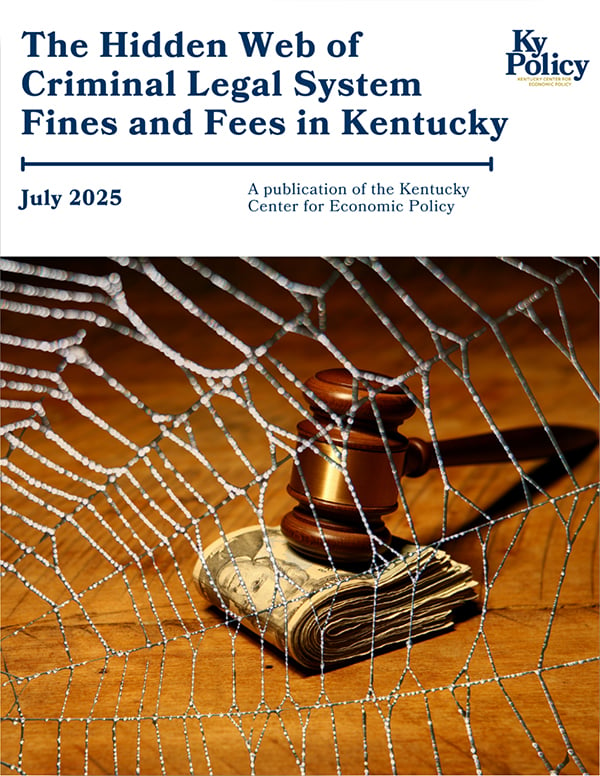


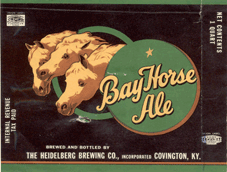
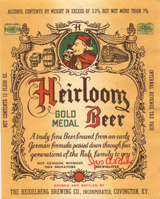
I remember…I grew up on 416 12the Street in those days. I worked at each. during college.